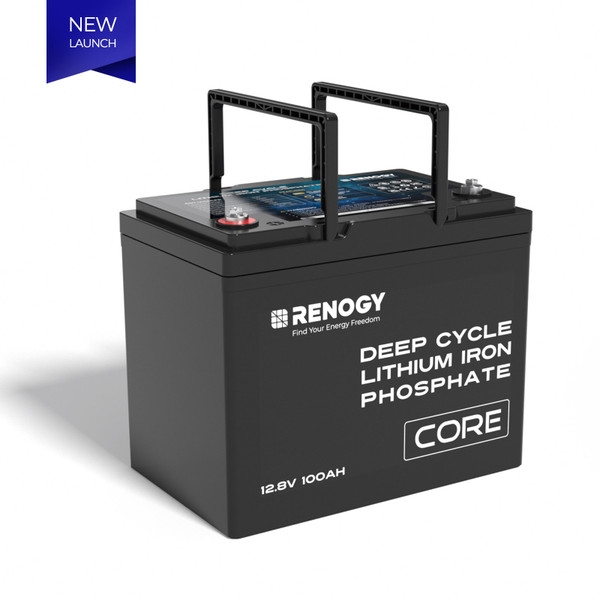12-volt lithium-ion batteries have a wide variety of applications and a fairly long service life. The most common applications for these power sources are emergency backup power, remote alarm or monitoring systems, light marine power systems, and solar energy storage systems.
Advantages of lithium-ion technology include long cycle life, high discharge rates, and light weight. These batteries also do not emit any toxic fumes while charging.
How long does 12 volt lithium battery last?
The life expectancy of lithium-ion batteries is proportional to the number of charging cycles, which for everyday use equates to about two to three years.
Lithium-ion batteries have a certain number of charge cycles, after which the battery will no longer hold as much charge as it once did. Typically, these batteries have 300-500 charge cycles.
Additionally, the life expectancy of a 12-volt lithium-ion battery will vary depending on the type of use it is put to. A battery that is regularly cycled between 50% and 100% will have a longer life expectancy than a battery that is discharged to 20% and then fully charged.
Lithium-ion batteries age more slowly when not in use. However, they will gradually reduce their ability to hold a charge and the rate of degradation will also depend on storage conditions. This process is irreversible.
What are 12-volt lithium batteries used for?
There are many applications for 12 volt lithium batteries.
RV: 12V batteries are used in RVs for a variety of reasons, most notably to power lights, water pumps, and refrigerators.
Boats: 12V batteries are also an important part of a boat's electrical system, starting engines, powering bilge pumps, and running navigation lights.
Emergency Backup: In the event of a power outage, a 12V battery can be used to power LED lights or a radio for up to a few hours.
SOLAR STORAGE BANKS: 12V batteries can store solar energy and have many applications in homes or boats, campers, etc.
Golf Carts: Golf carts draw power from 12V lithium-ion batteries.
Security Alarms: These systems need reliable backup power, and 12V Li-Ion batteries are perfect for that.
Precautions for Charging 12V Lithium Ion Batteries
A number of precautions should be taken when charging 12-volt lithium-ion batteries. These precautions include:
Limited charging current: lithium-ion batteries are typically limited to a charging current of 0.8 C. While fast charging techniques can be used, they are not recommended for lithium-ion batteries, at least if you want the longest possible life.
Charging Temperature: Charging temperatures should be between 40 degrees and 110 degrees F. Charging outside of these limits may result in permanent battery damage. Nonetheless, battery temperatures will rise slightly when charging or drawing power from them quickly.
Overcharge Protection: Lithium-ion batteries are typically equipped with overcharge protection that stops charging when the battery is fully charged. This circuit ensures that the voltage does not exceed 4.30 V. Before charging a lithium-ion battery, make sure that the battery management system is working properly.
Over-discharge protection: If a battery is discharged below a specific voltage, usually 2.3V, it cannot be recharged and is considered "dead".
Balancing: When multiple Li-Ion batteries are connected in parallel, they should be balanced so that they charge evenly.
Charging Temperature Range: Lithium-ion batteries should be charged in a cool, well-ventilated area with an ambient temperature between 40 degrees Fahrenheit and 110 degrees Fahrenheit.
Reverse Polarity Protection:If the battery is not connected correctly to the charger, reverse polarity protection will prevent current flow and may damage the battery.



